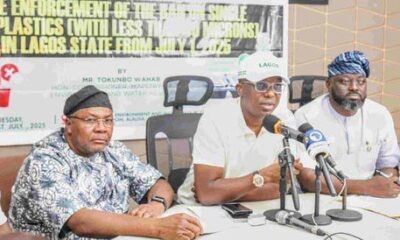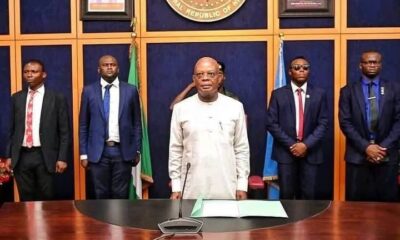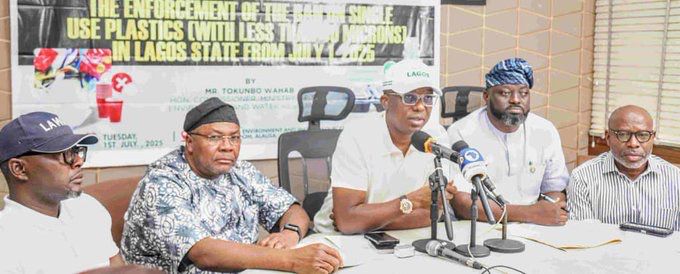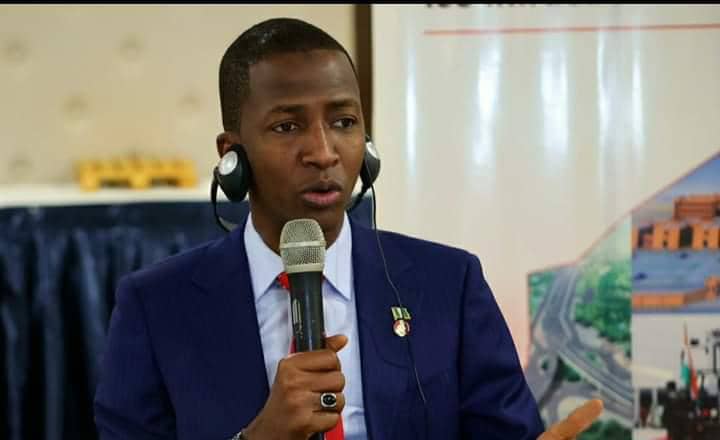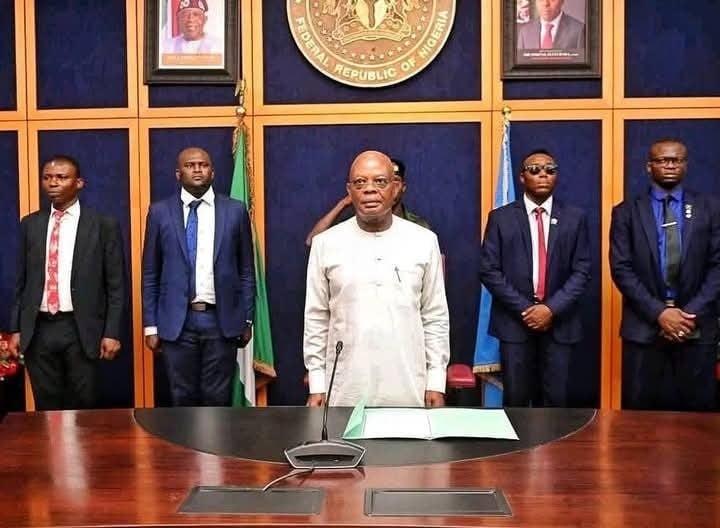The federal government has highlighted inadequate infrastructure and limited digital literacy as key challenges restricting both personal and business growth, ultimately preventing Nigeria’s digital economy from reaching its full potential.
Bosun Tijani, the minister of communications, innovation, and digital economy, made this statement on Thursday during a stakeholder engagement session for the Universal Service Provision Fund (USPF).
Speaking on the theme, “Fostering Connectivity in Unserved and Underserved Communities: Collaborating for Sustainable Growth,” Tijani noted that despite notable progress in broadband expansion, millions of Nigerians still lack reliable digital connectivity.
“Over the last 25 years, Nigeria has made significant strides in expanding connectivity and strengthening our digital technology. In recent years, broadband penetration has been growing significantly, bringing millions more Nigerians online and enabling new opportunities for innovation, entrepreneurship, and digital inclusion,” he stated.
“Today, however, there are still millions of Nigerians who are yet to have access to reliable connectivity. Many communities—particularly rural areas—face significant barriers, including inadequate infrastructure and limited digital literacy. These gaps not only hinder personal and business growth but also limit the full potential of Nigeria’s digital economy.”
Tijani emphasized that the Universal Service Provision Fund (USPF) plays a crucial role in the federal government’s plan to extend digital access to underserved communities.
“The USPF aligns with His Excellency’s vision, President Bola Ahmed Tinubu (GCFR), in ensuring meaningful and affordable connectivity for all Nigerians by supporting infrastructure expansion, fostering local digital innovation, and driving sustainable policies,” he said.
Key Government Initiatives to Expand Connectivity
Tijani highlighted several government initiatives aimed at improving digital access across the country:
- Project BRIDGE: A 90,000-kilometer fibre optic expansion designed to enhance broadband penetration.
- Project 774: A nationwide initiative to bring high-speed internet to all local government secretariats.
- Project Universal Access: Aiming to provide over 20 million Nigerians with access to digital connectivity.
- The National Broadband Alliance of Nigeria (NBAN): An initiative focused on government-private sector collaboration to expand broadband access.
- The 3 Million Technical Talent (3MTT) Programme: A programme aimed at training three million Nigerians in digital and technical skills to strengthen the country’s digital workforce.
NCC’s Role in Bridging the Digital Divide
Executive Vice Chairman of the Nigerian Communications Commission (NCC), Aminu Maida, also addressed the gathering, emphasizing the commission’s efforts in bridging Nigeria’s digital divide through the USPF.
“These efforts align with broader national and global goals, including bridging the digital divide, promoting universal access, fostering economic growth and social inclusion, and achieving Sustainable Development Goals ‘SDGs 4’ (Quality Education) and 9 (Industry, Innovation, and Infrastructure),” Maida stated.
He added that the NCC, through the USPF, has successfully implemented key projects, including the deployment of Base Transceiver Stations (BTS), Backbone Transmission Infrastructure, and other connectivity solutions.
To achieve widespread digital inclusion, Maida stressed the importance of collaboration among government agencies, mobile network operators, infrastructure providers, equipment manufacturers, development partners, and telecom trade groups.
“A multi-stakeholder approach is essential to explore innovative financing models, attract investment in infrastructure, and leverage emerging technologies and alternative power solutions for sustainable connectivity,” Maida concluded.
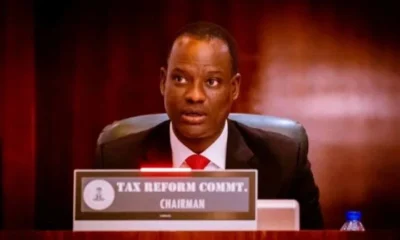
 BIG STORY4 days ago
BIG STORY4 days ago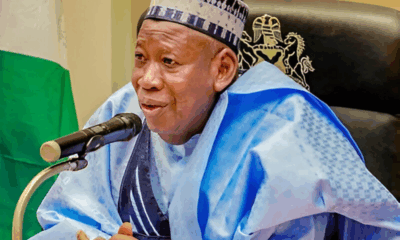
 BIG STORY4 days ago
BIG STORY4 days ago
 BIG STORY5 days ago
BIG STORY5 days ago
 BIG STORY12 hours ago
BIG STORY12 hours ago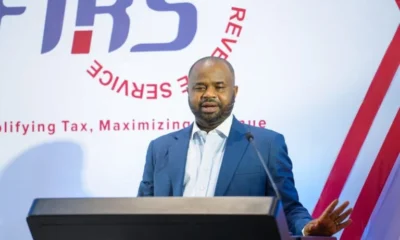
 BIG STORY5 days ago
BIG STORY5 days ago
 BIG STORY4 days ago
BIG STORY4 days ago
 BIG STORY2 days ago
BIG STORY2 days ago
 BIG STORY2 days ago
BIG STORY2 days ago







